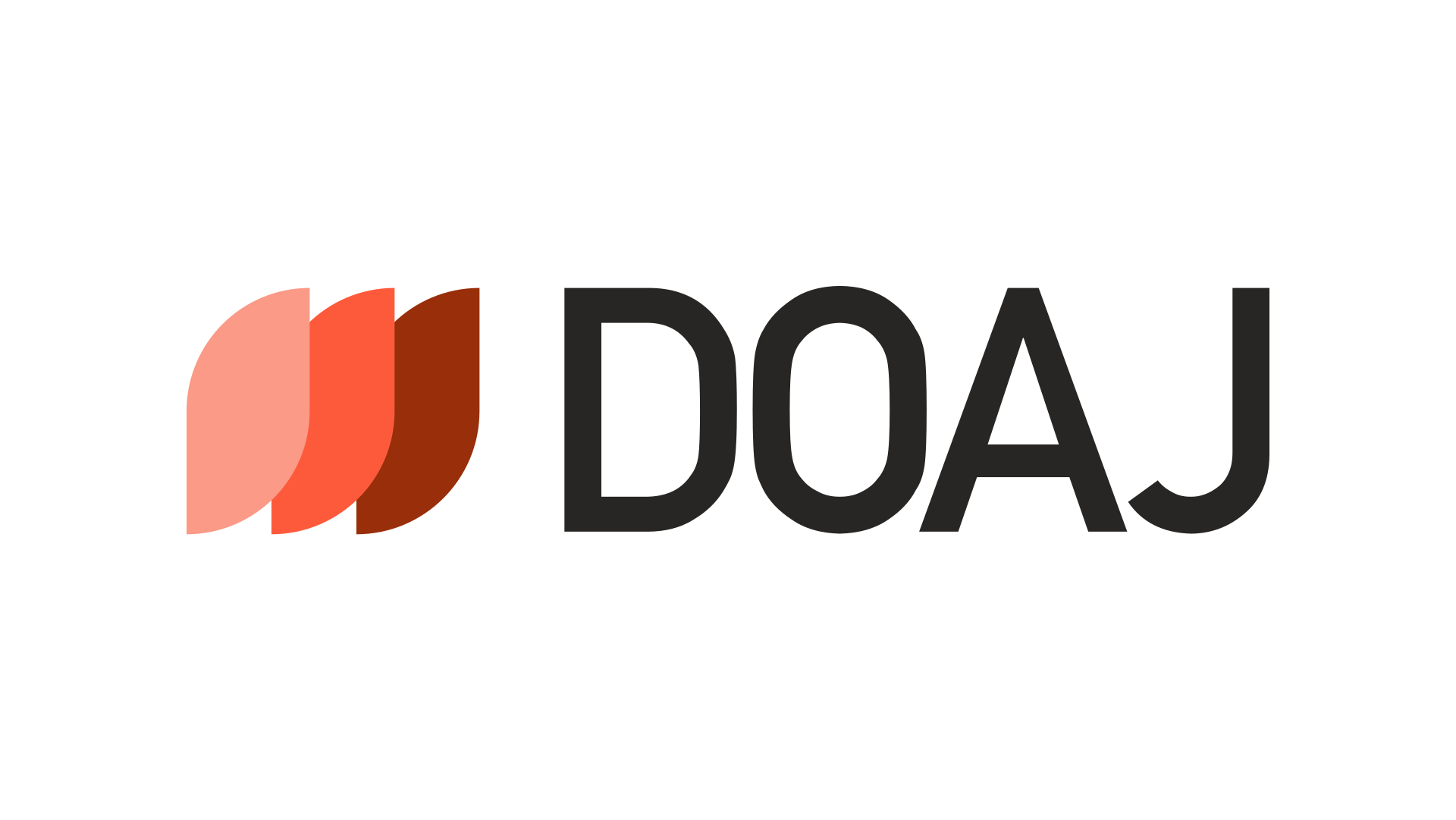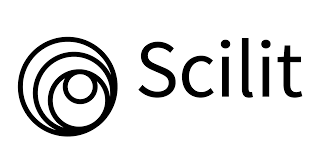The Effect of TikTok Shop Feature Usage Intensity and Emotional Intelligence on Consumer Behavior Among Teenagers
DOI:
https://doi.org/10.38043/commusty.v3i2.5546Keywords:
Intensity, Teenagers, Emotional Intelligence, Use of Tiktok Shop Feature, Consumptive BehaviorAbstract
Online shopping has become a common activity for fulfilling consumer needs. Currently, TikTok Shop is one of the e-commerce platforms widely used by teenagers for online shopping. This study aims to examine the intensity of TikTok Shop usage and its impact on consumer behavior among teenagers through the TikTok Shop application. It also investigates the influence of the TikTok Shop feature and emotional intelligence on consumer behavior, and how these factors collectively account for 46.6% of the variation in consumer behavior, which is categorized as moderate. The study uses the 5% Slovin formula for sample size determination. The findings indicate that the intensity of using the TikTok Shop feature and emotional intelligence have a positive effect on consumer behavior among teenagers. Specifically, greater use of the TikTok Shop feature is associated with higher emotional intelligence, which in turn encourages consumer behavior in teenagers. Multiple linear regression analysis reveals that the intensity of TikTok Shop usage significantly influences emotional intelligence, which positively affects consumer behavior among adolescents.
References
Andika, D., & Mawardah, M. (2023). The relationship between emotional intelligence and consumptive behavior in juvenile NCOs DIT Samapta Polda South Sumatra. Jurnal Ilmu Sosial, 4(3), 732-742.
Ardianto, Elvinaro. (2014). Mass communication. Bandung: Simbiosa Rekatama Media.
Azwar, S. (2019). Reliability and validity (4th ed.). Yogyakarta: Student Library.
Anshori, M., & S. Iswati. (2017). Quantitative research methodology. Surabaya: Airlangga University Press.
Achmad, R. (2014). The effect of science environment technology, society (SETS) learning model on the ability to communicate in writing in the form of writing scientific works in the field of geography of high school students. Malang: UNM.
Effendy, Uchjana, Onong. (2013). Communication theory and practice. Bandung: PT Remaja Rosdakarya.
Erickson, M. (2011). The relationship between the intensity of accessing social networking sites with social interaction skills in 2011 students of the Faculty of Medicine UNS. Surakarta: UNS Library, 10.
Fatimah Kartini Bohang. (2018). Tik Tok has 10 million active users in Indonesia. Kompas.com. Retrieved September 10, 2018, from https://tekno.kompas.com/read/2018/07/05/09531027/tik-tok-punya-10-million-active-users-in-indonesia
Goleman, D. (2020). Emotional intelligence: Emotional intelligence "Why EI is more important than IQ". Jakarta: Kompas Gramedia.
Halik Abdul. (2013). Mass communication. Makassar: Alauddin University.
Judith E. Berman. (2011). A positive postdoctoral experience is related to quality supervision and career mentoring, collaborations, networking, and a nurturing research environment. High Educ, 62, 685-698.
Kotler, P., & Keller, K. L. (2012). Marketing management (12th ed.). Jakarta: Erlangga.
Lina & Rosyid, H. F. (2018). Consumptive behavior based on locus of control in adolescent boys. Jurnal Psikologika, 4, 5-13.
Mujahidah. (2020). "Analysis of consumptive behavior and handling (Case study of one student at SMK Negeri 8 Makasar)." Analysis of Consumptive Behavior and Handling, 1-18.
Nazir, M. (2013). Research methods. Bogor: Ghalia Indonesia.
Nurjanah, S. (2019). The effect of economic literacy and self-control on the consumptive behavior of students of the Faculty of Economics, State University of Jakarta. Parameters: Journal of State University Education.
Oktaviani, N. P. W., Munthe, S. A., Hulu, V. T., Budiastutik, I., Faridi, A., Ramdany, R., Fitriani, R. J., Tania, P. O. A., Rahmiati, B. F., Lusiana, S. A., Sianturi, E., & Suryana, S. (2021). Health research methodology (J. Simarmata & R. Watrianthos, Eds.; 1st ed.). Foundation Writing. https://www.google.co.id/books/edition/Metodologi_Penelitian_Kesehatan/DDYtEAAAQBAJ?hl=en&gbpv=1
Ramadhan, S., & Linda, R. (2020). Development of interactive chemistry magazine e-module based on Kvisoft flipbook maker on reaction rate material. Zarah Journal, 8(1), 7-13.
Rakhmayanti. (2020). TikTok users in Indonesia are dominated by Generation Z and Y. Taken January 21, 2023, from https://tekno.sindonews.com/berita/1523692/207/pengguna-tiktok-di-indonesia-dominated-generation-z-and-y
Rizal, K. (2021). Socio-economic factors on the income of oil palm farmers. Malang: Literasi Nusantara.
Mulyana. (2020). Understanding learning outcomes and factors that affect them. https://ainamulyana.blogspot.com/2012/01/pengertian-hasilbelajar-dan-factors.html. Accessed September 16, 2021.
Nurjaman, Kadar, & Umam, Khaerul. (2012). Communication and public relations. Bandung: Pustaka Setia.
Tasruddin, R. (2017). Advertising trends in social media. Social Media, 5(1), http://103.55.216.56/index.php/Komodifikasi/article/view/5504.
Dzihan, F. A. (2022). The influence of self-control on the consumptive behavior of online shopping for beauty products in female students (Doctoral dissertation, Maulana Malik Ibrahim State Islamic University).
Feiza, I. (2021). Media affects behavior. Berita Sains.
Hidayatun, U. (2015). The effect of intensity of social media use and peer support on consumptive behavior in students in class XI, SMA Muhammadiyah 3 Yogyakarta in the 2014/2015 academic year.
Ikhsan, K. (2023). The relationship between emotional intelligence and consumptive behavior in Shopee users in Panteriek Village (Doctoral dissertation, UIN Ar-Raniry Banda Aceh).
Irlianti, M., Razkia, D., & Safitri, A. (2023). The effect of social media use (TikTok Shop) on consumptive behavior in working women. Indonesian Journal of Psychological Studies (IJPS), 1(1), 58-68.
Pramesti, C. The effect of Shopee e-commerce use on the consumptive behavior of Tadris IPS students at Syarif Hidayatullah State Islamic University Jakarta (Bachelor's thesis, Jakarta: FITK UIN Syarif Hidayatullah Jakarta).
Umami, M. (2021). The relationship between the intensity of social media use and self-awareness in East Lombok adolescents (Doctoral dissertation, Maulana Malik Ibrahim State Islamic University).
Wahid, N. N., San Marino, W., & Fadillah, A. R. (2023). Emotional intelligence as one of the determinants of purchasing decisions. Fair Value: Scientific Journal of Accounting and Finance, 5(7), 3167-3174.
Wulandari, E. (2020). The relationship between self-confidence and consumptive behavior in students of the Faculty of Economics and Social Sciences UIN SUSKA Riau (Doctoral dissertation, ISLAM UNIVERSITY SULTAN SYARIF KASIM RIAU).
Zakawali, M. B., & Hudaidah, H. (2022). The entry and development of Islam in Makassar. Tsaqofah Dan Tarikh: Journal of Islamic Culture and History, 7(1), 97-101. http://dx.doi.org/10.29300/ttjksi.v7i1.4465.
Riyanto, A. D. (2024). Hootsuite (We Are Social): Indonesian Digital Report 2024. Om https://andi.link/hootsuite-we-are-social-indonesian-digital-report-2024
TikTok Shop. (2024). www.tiktok.com.
Fatimah Kartini Bohang. (2018). TikTok has 10 million active users in Indonesia. Kompas.com. Retrieved September 10, 2018, from https://tekno.kompas.com/read/2018/07/05/09531027/tik-tok-punya-10-million-active-users-in-indonesia
Rakhmayanti. (2020). TikTok users in Indonesia are dominated by Generation Z and Y. Taken January 21, 2023, from https://tekno.sindonews.com/berita/1523692/207/pengguna-tiktok-di-indonesia-dominated-generation-z-and-y
Downloads
Published
How to Cite
Issue
Section
License
Copyright (c) 2024 Intan Syaffira, M Ravii Marwan

This work is licensed under a Creative Commons Attribution-ShareAlike 4.0 International License.
















